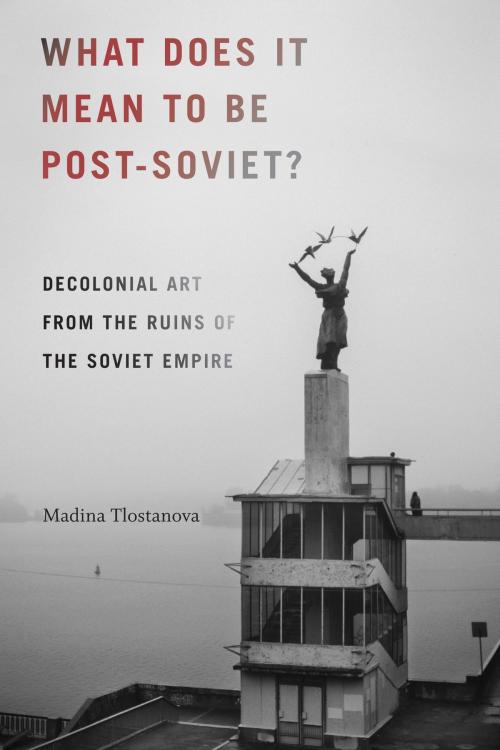What Does It Mean to Be Post-Soviet?
Decolonial Art from the Ruins of the Soviet Empire
Nonfiction, Art & Architecture, General Art, Art History| Author: | Madina Tlostanova | ISBN: | 9780822371632 |
| Publisher: | Duke University Press | Publication: | June 14, 2018 |
| Imprint: | Duke University Press Books | Language: | English |
| Author: | Madina Tlostanova |
| ISBN: | 9780822371632 |
| Publisher: | Duke University Press |
| Publication: | June 14, 2018 |
| Imprint: | Duke University Press Books |
| Language: | English |
In What Does It Mean to Be Post-Soviet? Madina Tlostanova traces how contemporary post-Soviet art mediates this human condition. Observing how the concept of the happy future—which was at the core of the project of Soviet modernity—has lapsed from the post-Soviet imagination, Tlostanova shows how the possible way out of such a sense of futurelessness lies in the engagement with activist art. She interviews artists, art collectives, and writers such as Estonian artist Liina Siib, Uzbek artist Vyacheslav Akhunov, and Azerbaijani writer Afanassy Mamedov who frame the post-Soviet condition through the experience and expression of community, space, temporality, gender, and negotiating the demands of the state and the market. In foregrounding the unfolding aesthesis and activism in the post-Soviet space, Tlostanova emphasizes the important role that decolonial art plays in providing the foundation upon which to build new modes of thought and a decolonial future.
In What Does It Mean to Be Post-Soviet? Madina Tlostanova traces how contemporary post-Soviet art mediates this human condition. Observing how the concept of the happy future—which was at the core of the project of Soviet modernity—has lapsed from the post-Soviet imagination, Tlostanova shows how the possible way out of such a sense of futurelessness lies in the engagement with activist art. She interviews artists, art collectives, and writers such as Estonian artist Liina Siib, Uzbek artist Vyacheslav Akhunov, and Azerbaijani writer Afanassy Mamedov who frame the post-Soviet condition through the experience and expression of community, space, temporality, gender, and negotiating the demands of the state and the market. In foregrounding the unfolding aesthesis and activism in the post-Soviet space, Tlostanova emphasizes the important role that decolonial art plays in providing the foundation upon which to build new modes of thought and a decolonial future.















